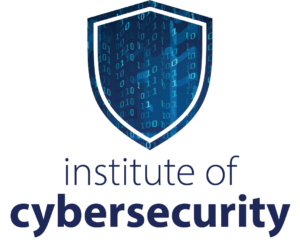
The internet has made our lives so much easier in many ways. But it has also released a dark new way people engage in criminal activities with cyber threats. The cybercrimes range from romance scams to phishing for private information and credit card theft. They can also escalate to state-sponsored cyber attacks on local and national government agencies and private corporations. Read on to find out why local government cyber attacks are a significant concern today.
State-Sponsored Cyber Attacks Target Australian Corporations and Government
In June 2020, the Australian Prime, Minister Scott Morrison, announced that the country was under a major cyber attack. He informed the nation that the attacks were described as state-sponsored, which means that a foreign government is behind it.
Prime Minister Morrison said that the central government and local government cyber attacks mainly utilised remote code execution vulnerability (RCE). RCE is a cyberattack where the attacker remotely executes commands on someone else’s computer.
RCE usually occurs due to malicious malware that the attacker downloads. This kind of attack can happen regardless of the computer user’s geographic location. In RCE, the attackers try to steal information and run malicious codes that can damage or disable the computer systems.
What makes RCE more distressing is that it’s hard to detect and often needs advanced defensive countermeasures like penetration testing. This technique requires trained security professionals familiar with corporate and local government cyber attacks to hack into a system in an attempt
to pinpoint potential vulnerabilities.
How Can Businesses and Government Agencies Protect Themselves?
With cyber threats as a genuine concern for organisations, how can businesses and government agencies protect themselves? According to experts on international and local government cyber attacks, companies and ordinary individuals can use available government resources.
For example, the Australian federal government provides extensive cyber safety guidelines for businesses and individuals. These guidelines feature advice on cybersecurity and data protection and information on the various types of cyberthreats.
The ACSC, or the Australian Cyber Security Centre, has also released more comprehensive cybersecurity guidelines. They can be found on the ACSC website and give detailed advice on the secure management of email systems, databases, and physical computer assets.
To prevent individual, corporate, and local government cyber attacks, the ACSC also stresses that users take specific steps. They can restrict administrative privileges and disable Flash and any unneeded features in Microsoft Office, PDF, and web browsers. They can also change their passwords regularly and do daily backups.
The Australian government’s latest announcement reminds us that we should never lower our guard against cyberattacks. They not only endanger everyone’s information, but cybercriminals could also damage the nation’s financial and security systems.





Recent Comments